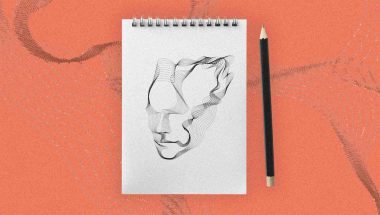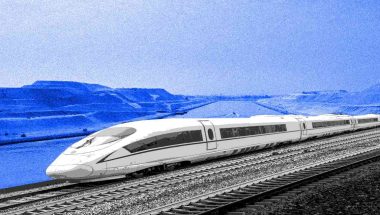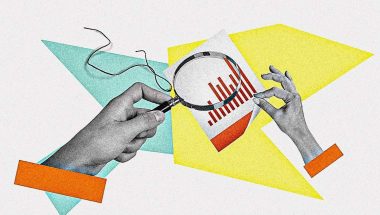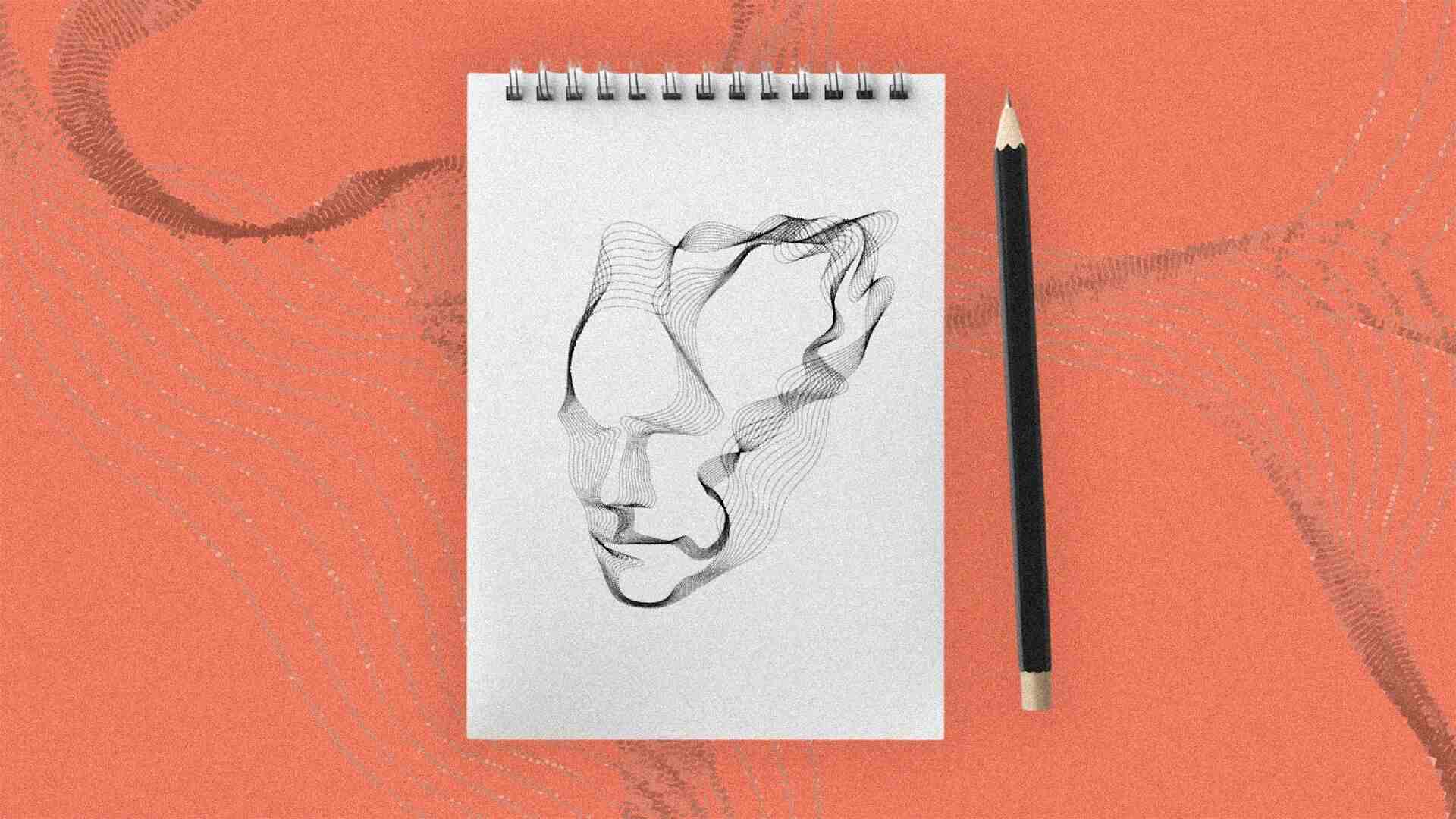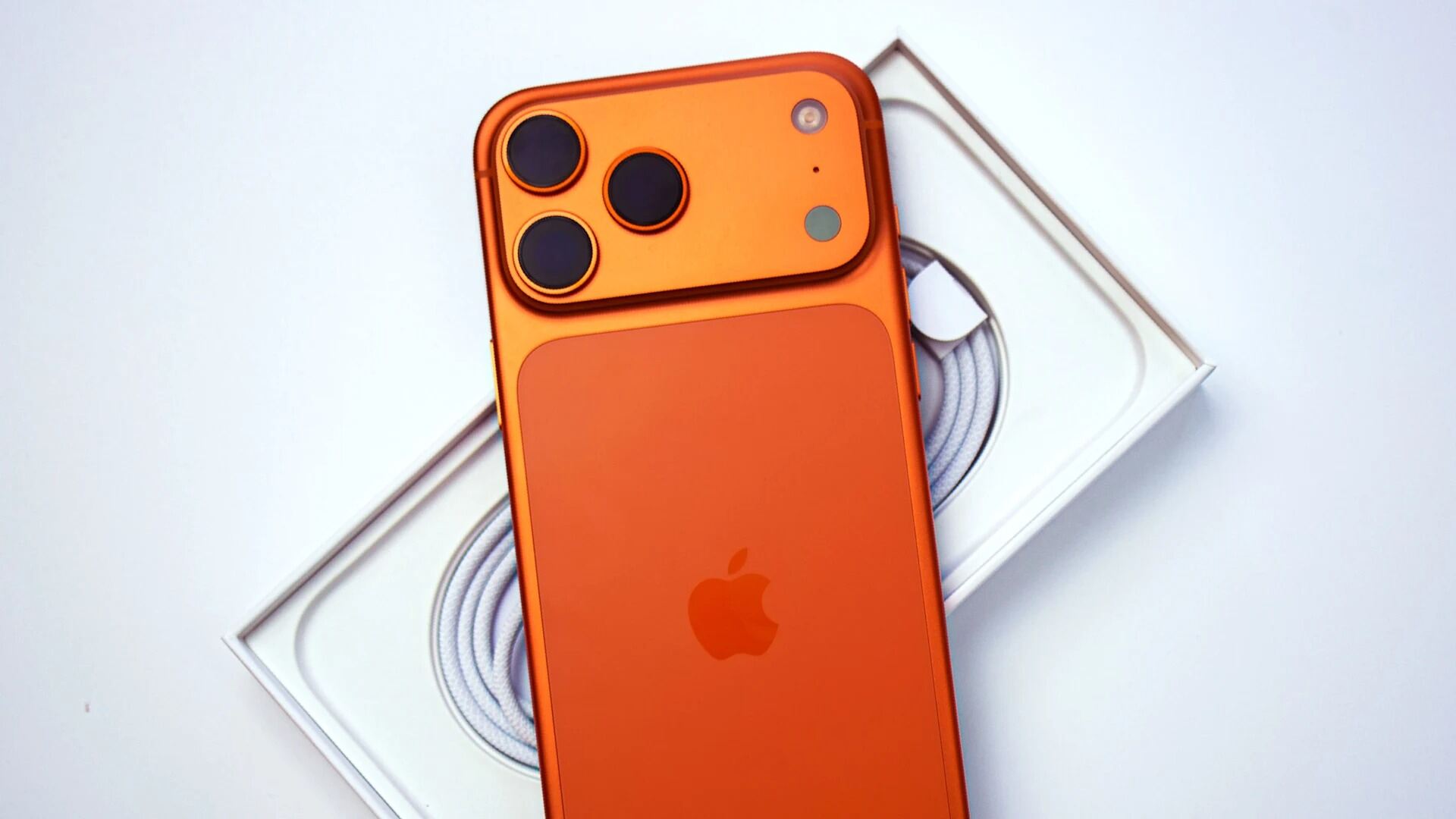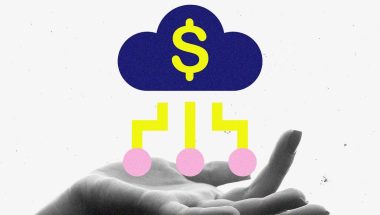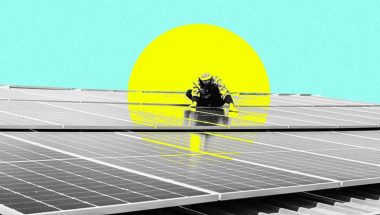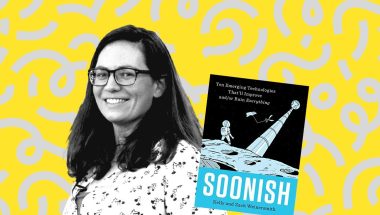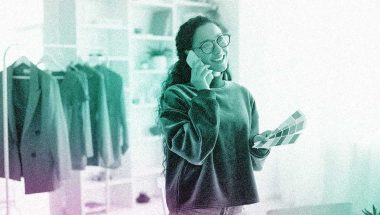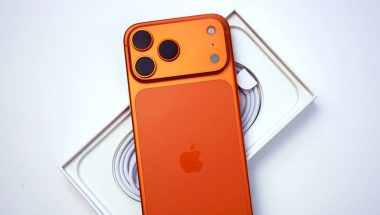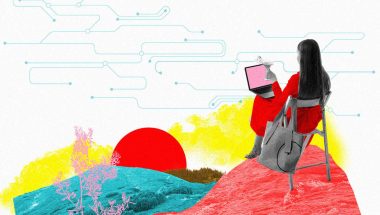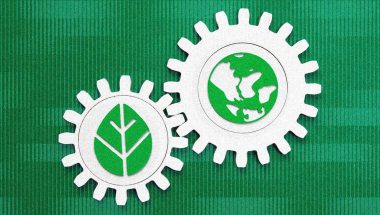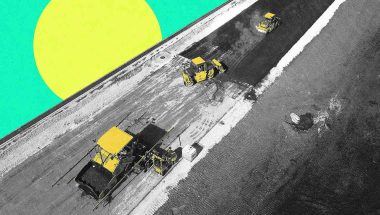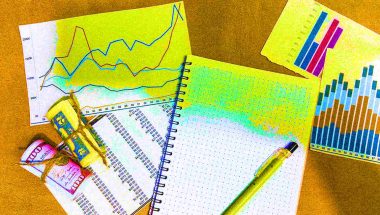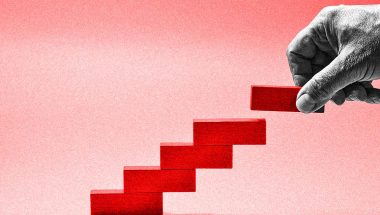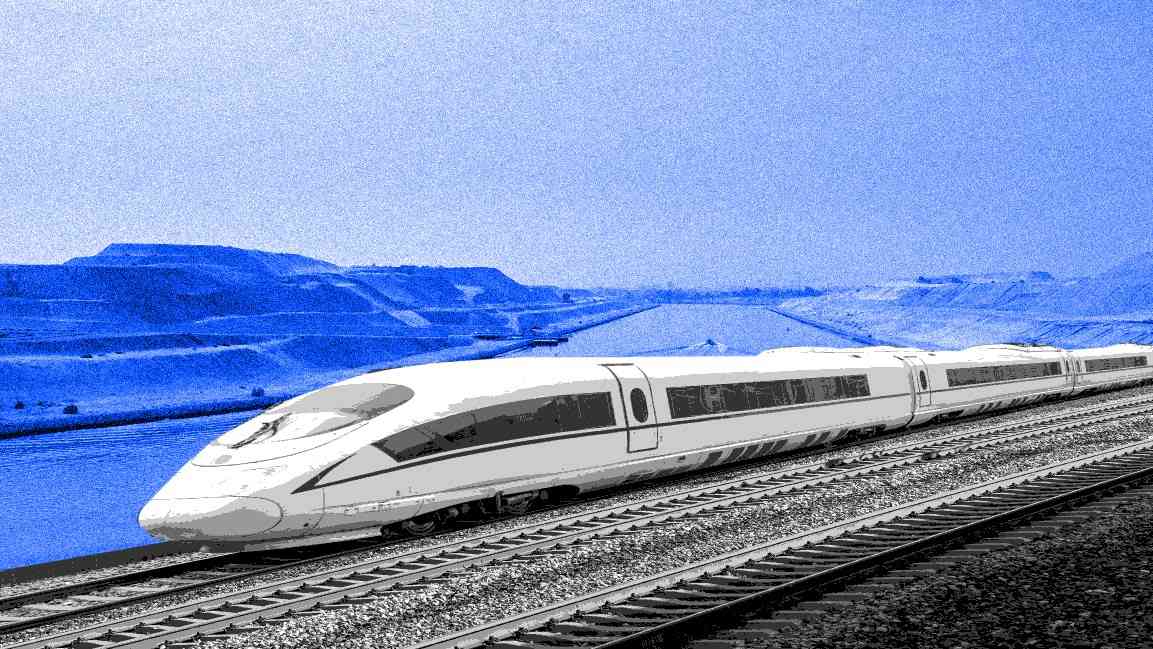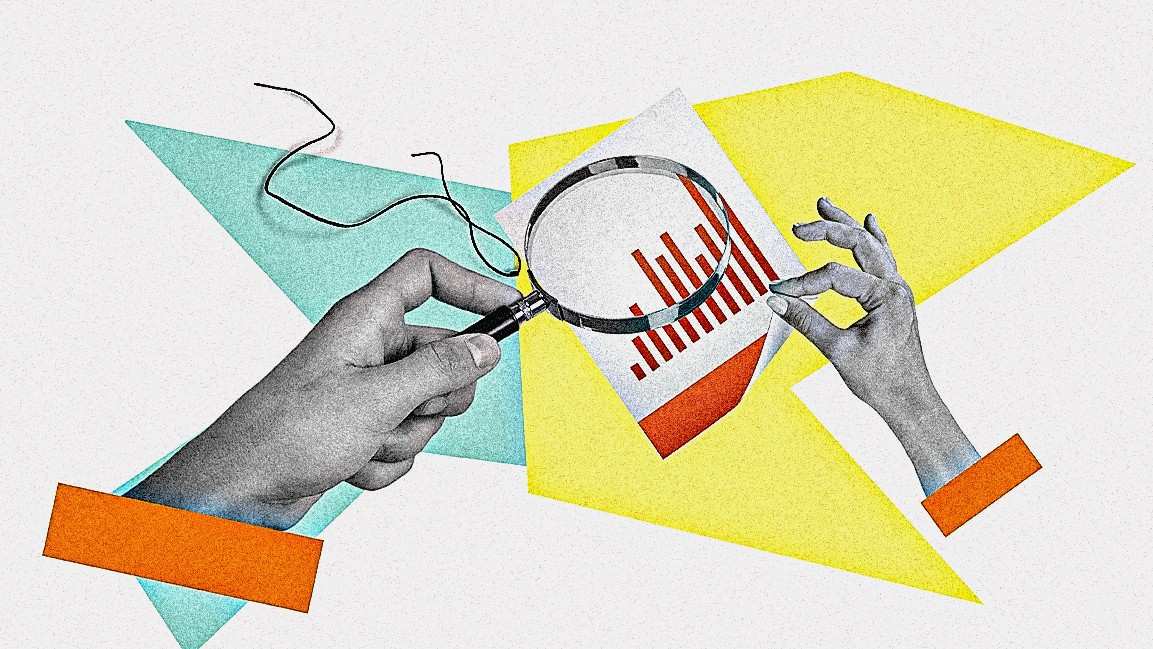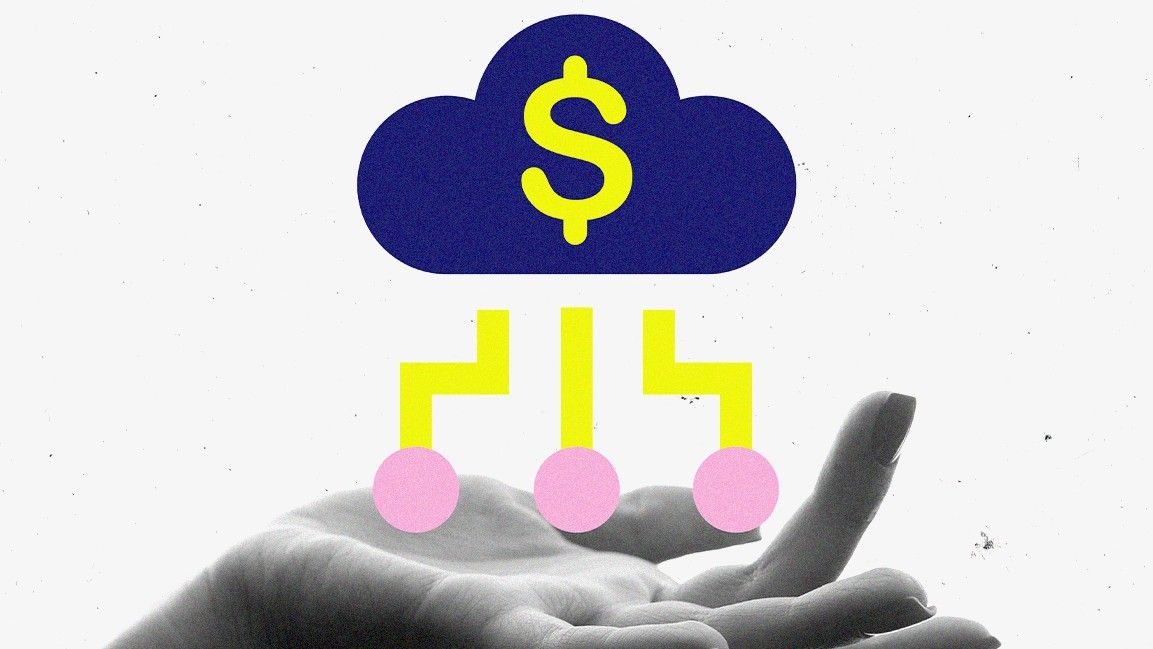- | 10:00 am
‘Time to dream up some new’: will.i.am believes AI could be the next hip-hop
The relentless creative and entrepreneur tells ‘Fast Company’ about his approach to AI, why he supports regulation, and how he urges people to embrace their own imagination.
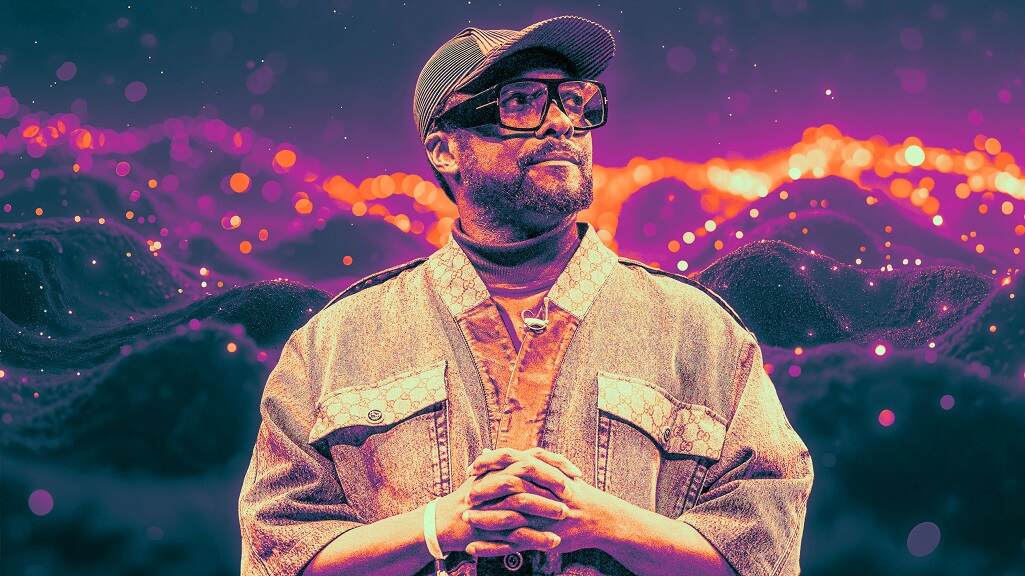
“While some may worry about AI disrupting their industry, will.i.am sees enormous potential in AI to change everything—from how we create music to the way we work.”
will.i.am is a founding member of the Black Eyed Peas. He’s racked up nine Grammy Awards and written over 130 songs. He’s also the founder of FYI.AI, an AI-powered productivity app for creatives that allows them to message each other, video call, and chat with an AI to generate ideas.
In this interview, premium subscribers will learn:
- The true purpose of AI for creatives (it’s not saving time)
- How to ground everything you do in supporting your community
- Why will.i.am balances his optimism with a desire for technological guardrails
I catch will.i.am on a layover in London. He’s just wrapped up a concert with Shakira, en route to Saudi Arabia for what he calls “Black Eyed Peas business.” The week before, he was in India working on his partnership with chipmaker Qualcomm. I ask him how he manages to get enough sleep, and he looks me dead in the eye and says: “On the plane.” As if that’s truly enough rest to power creative genius.
On top of being an AI founder and world famous musician, will.i.am runs a foundation that provides educational opportunities to underserved youth. He’s also a tech investor with an uncanny ability to spot the next big thing: He’s made early investments in OpenAI, Pinterest, Dropbox, and Anthropic. Most recently, in March, he launched that partnership with Qualcomm, where FYI.AI will be on its Snapdragon line of chips, which powers phones, PCs, and cars.
“As we talk, he circles through the airport, sharing his hopes and concerns about AI. The sun is setting over London, and will.i.am is rapping and rhyming, filled with an energy that’s contagious. He has a strong belief that, despite challenges around job disruption, misuse, and lack of regulation, humanity will find a way to use AI for the greater good.”
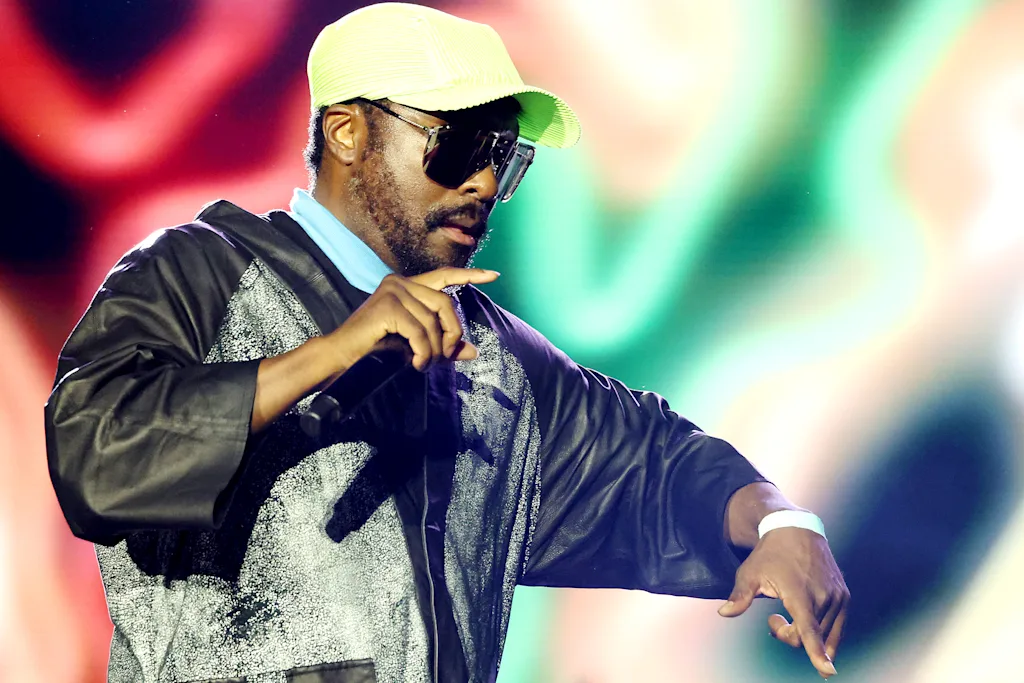
Fast Company: How do you figure out what the next big thing for yourself is?
Well, first, let’s start with the word “big”—let’s refrain from using it. Sometimes, the thing you’re chasing isn’t big. Sometimes they’re just things you love. Sometimes they are pieces that help complete your puzzle. I don’t do things that don’t align with the main objective.
What’s the main objective?
I come from an inner-city community, where investment in education was limited. Many of the people I grew up with faced difficult paths, with few opportunities to break out of the cycle of hardship.
The objective is to go back to my community, to ensure that there’s a different path. So I started [education nonprofit i.am. Angel Foundation] with just 65 kids. Now it serves about 15,000 students. If it doesn’t [show] folks that come from communities that resemble the conditions I come from what’s possible, then I won’t do it. I don’t like doing things just for checks. I don’t do things that don’t align with the main objective. Sometimes it’s a small thing, sometimes it’s a little thing that doesn’t pay—but it adds.
You’re a musician, investor, founder, and activist, among other roles. How do you think about career growth?
Hip-hop. Hip-hop taught me to do that.
Hip-hop was educational. It taught kids in my generation what schools didn’t teach us, and it showed us how to build community. I learned music not through formal programs—which many inner-city schools lacked—but through hip-hop. I’m grateful I was raised in an era when hip-hop’s foundation was community outreach and giving young people a positive path forward. Over time, though, its focus has shifted away from those values.
As a matter of fact, what got me into tech was a website called Okayplayer, which Questlove founded. [Editor’s note: Okayplayer was an early online musical community founded in 1999. It was one of the first places where fans could interact directly with artists.] He was a part of that website before MySpace, before Facebook, before Friendster. We all used to go on that in like 1999, 2000, 2001, and that’s how we all connected and in chat rooms. My handle was peasforyou. This was our social media.
“What also got me into technology? The sampler. I play on the computer—I don’t play a traditional instrument. The computer became my instrument. All the people who make beats this way are deeply connected to technology. Dr. Dre is a beat maker, Arabian Prince is a beat maker—they’re all tech-leaning.”
You’re the founder of an AI company. But how do you think AI will end up impacting the music community?
Imagine it’s 1825. The record industry didn’t exist then. So you listened to music in your home, or you had to have a band play it, or you went to the theatre, opera, or church. It wasn’t available on the ready.
Then, when the record industry came along, song form had to change, because there was a limited amount of information you could put on the lacquer. Song structure had to change.
So, learning from this shift: You could use your imagination to dream up the next industry. Yes, AI is a great mimic. It can generate in minutes what once took us hours. But is that all it’s meant to do—just a repetition of imagination and emotion? Or should we be using this technology to create something entirely new?
[Back in the day] do you think people were like, ‘yo, hip-hop music’? As a matter of fact, they’d say, ‘that ain’t music.’ How can you call that music? You sample other people’s tracks. If there’s any genre aligned with AI’s principles, it would be hip-hop. We call them samples; AI calls them data sets. I could take this song and that song and this song—and make a new song. Oh, that kind of sounds like AI, doesn’t it? What if instead of this neural network, it’s a simulated neural network? It’s a fusion model.
Right now is the time to dream up something new. I’m excited all the time. I wake up every day like, ‘let’s create.’ It’s this energy that we can use for good. We can solve problems and find ways to be helpful to communities. We can dig deep inside and be a light—helping people in the darkness. That’s what keeps me leaping out of bed every single day.
I love the hope here. But what advice do you have to people who are afraid of losing their jobs because of AI?
It’s a really good question. That is something to be concerned about: job replacement, job displacement, and this side of the tsunami that’s coming. A lot of white-collar jobs are threatened, as well as blue-collar jobs.
But there are other jobs people can do that didn’t exist yesterday. Somebody had to dream that up. Well, let’s start dreaming big. AI doesn’t imagine. AI doesn’t create visions—we do that. So if reality isn’t complete, and there’s room for imagination and vision, then bring on the dreamers.
Fund the big ideas. Go. Dream big. But make sure that everybody has opportunities to work. Because if you leave it to corporations, they don’t always care. That’s how we got here in the first place—when decisions were driven by greed.
I do have some uncertainties, some questions where I think, ‘I don’t know the answer to that.’ But I try to stay optimistic.
“What keeps you unsure?”
You know, music was transformed. Hip-hop became a commercial product, and the movement lost its original spirit. Every time there’s progress, there seems to be a pull backward.
Right now, people live on devices. They trust the machine. They don’t even know their digital life is not more valuable than their analog life. I see the concerns—anyone can buy your data to manipulate you. We need some regulations so that the data practices of the past are not borrowed right now.
So, no matter how optimistic I get, I think we need some help. We need someone thinking about how to ensure our safety. Look at the city over there, the beautiful bridge, the cars—they feel safe. I don’t have to worry about standing in the middle of the road because I know someone is going to slow down.
I hope we get governance and guidance. To drive a car, I have to have a license. But in this AI space, no one, not even me, had to take a basic test to make sure you have the right principles in place to deploy products where people are safe, and your moral compass isn’t leading with greed.
Regulations should not stifle innovation. But let’s make sure the right people are behind the wheel.









